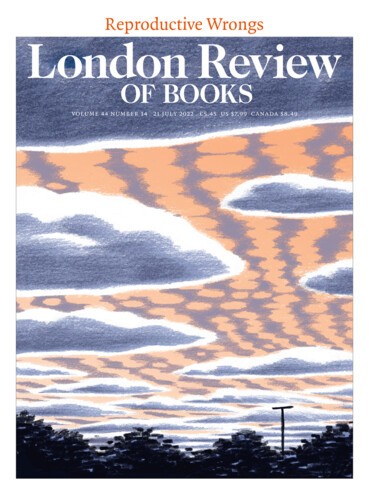In 1852, a group of Chinese community leaders in San Francisco published a pamphlet taking issue with claims made by California’s governor, John Bigler, who had characterised the state’s 7520 Chinese migrants as servile ‘coolies’ undercutting white workers. ‘The poor Chinaman does not come here as a slave,’ Tong Achick and Chun Aching wrote in An Analysis...
The Chinese Question: The Gold Rushes and Global Politics by Mae Ngai. In 1852 California introduced its first anti-Chinese law, a tax on foreign miners that targeted Chinese migrants in particular. In order to work, foreigners had to pay three dollars a month; before long, these fees provided up to a quarter of state revenues. As the mines were slowly exhausted, big capital took over the industry, and, in the wake of the Civil War, the Californian economy went into recession. White workers ‘found in the Chinese Question a racial scapegoat and a racial theory ready at hand’.

